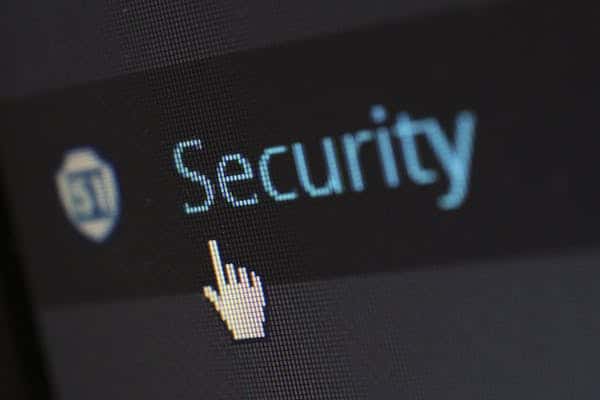BUSINESS
Useful Internet Safety Rules – What Not to Do Online

WORDS: Diana Smith PHOTOGRAPHY Supplied
In today’s digital age, the internet has become an integral part of our lives, revolutionizing the way we connect, communicate, and conduct various activities. With the convenience and opportunities it offers, the virtual world also comes with its fair share of risks and challenges. Internet safety is of paramount importance to ensure that we can navigate this landscape with confidence and protect ourselves from potential online threats. From cyberbullying to identity theft, it’s crucial to equip ourselves with knowledge about essential internet safety rules and understand what actions to avoid while engaging in online activities.
Use Strong and Unique Passwords
The importance of using strong and unique passwords cannot be overstated when it comes to maintaining your online security. A robust password involves a combination of uppercase and lowercase letters, numbers, and special characters. Steering clear of easily guessable information, such as birthdays or names, is crucial. To manage the complexity of multiple passwords, consider utilizing a reliable password manager to ensure that your accounts remain well-protected.
Be Wary of Suspicious Links and Emails
In the vast expanse of the internet, cybercriminals often resort to phishing emails and malicious links as a means to gain unauthorized access to personal information. Exercise vigilance when clicking on links or downloading attachments from unknown sources. Verify the sender’s identity and scrutinize the URL before sharing any sensitive information or engaging with the content, as these actions can potentially lead to malware infections or unauthorized data access.
Practice Safe Social Media Usage
Social media platforms have revolutionized how we share, connect, and express ourselves online. However, with the convenience of these platforms comes the need for responsible usage. Adjust your privacy settings to control who can view your posts and personal information. Be cautious when sharing your location and avoid revealing sensitive details that could compromise your safety or security.
Educate Yourself About Online Scams
Educating yourself about common online scams and tactics employed by cybercriminals is a proactive step toward protecting your online presence. Various forms of online scams, including phishing, pyramid schemes, and fake websites, target unsuspecting individuals. Being well-informed about the red flags and methods used by scammers empowers you to make informed decisions and steer clear of potential traps.
Guard Your Personal Information
The first and foremost rule in maintaining internet safety is to safeguard your personal information. In an era of connectivity, the information we share can have far-reaching consequences. Refrain from divulging sensitive details such as your home address, phone number, social security number, or financial information on public platforms. Cybercriminals and scammers are constantly on the lookout for vulnerable targets, and sharing personal information can make you susceptible to identity theft, phishing attacks, and other forms of online fraud. This is even more important when talking about online dating, so if you’re looking for something special and unique, stick to a reliable sugar dating app that will help you find the right partner quite quickly and efficiently.
Protect Your Devices with Security Software
With the increasing dependency on digital devices, the need to protect them from potential threats becomes more critical. Security software, such as antivirus programs and firewalls, offer an additional layer of defense against malware and cyberattacks. Regularly updating your security software ensures that you are equipped to combat the latest threats effectively. Additionally, implementing two-factor authentication whenever possible adds an extra level of security to your online accounts.
Respect Online Etiquette and Privacy
Respecting online etiquette and privacy is an extension of the values we uphold in our face-to-face interactions. Cyberbullying, trolling, and any form of online harassment have negative consequences not only for individuals targeted but also for the digital community as a whole. Uphold a sense of empathy, understanding, and respect in your online interactions, just as you would in person. Refrain from sharing personal information about others without their consent, as respecting their privacy is equally important in the virtual world.
As the digital landscape continues to evolve, maintaining internet safety remains a paramount concern. The fusion of convenience and potential risks necessitates that individuals equip themselves with knowledge, awareness, and best practices to navigate the virtual world responsibly. As technology advances and the digital realm expands, your commitment to internet safety will ensure that you harness the benefits of the virtual world while safeguarding your well-being and personal information.













